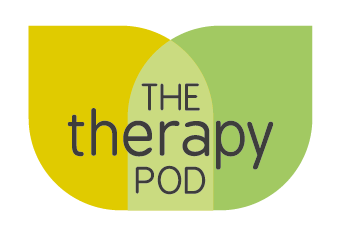Have you ever had a time in your life when you felt constantly tired, anxious, and generally “on a short fuse”? Or stuck, depressed, and unable to decide what to do next? Have you ever found yourself relying increasingly on crutches like cigarettes, alcohol, or excessive amounts of tea or coffee or sugary foods? Or perhaps gone through a period of low self-esteem or feeling overly sensitive to negative situations around you? Many of us have gone through all these and more, and the questions are – did we really need to feel so bad? How did we get into these states in the first place? …and is it all really as inevitable as we think at the time?
Having done a lot of work on myself, and by undergoing various stages of personal transformation, I realized that I could further enhance my methods of working through studying hypnosis and psychotherapy. This developed the understanding that very often, physical symptoms have their roots in emotional situations or mistaken beliefs, and that therefore, it is possible to relieve symptoms by working out what is going on in the mind and changing those thought patterns to create a more empowering mindset.
One of the things I find to be at the core of most of the difficult situations we find ourselves in is “STRESS”. Stress is determined by our mindset and sometimes by our learned responses and even by a habit of anticipating that things will go wrong at some future point. Just think about something that was going great in your life, and then something simple happened that threw the situation out of balance. What did you focus on at that point and afterwards? Did you think about how to re-balance what was already going so well? Or did you focus exclusively on the perceived hitch? I have found that the majority of people focus on the hitch, and then wonder why things go from bad to worse. What tends to go unnoticed in such a scenario is that WHATEVER YOU FOCUS ON GROWS.
So- when we take a few moments to look at what we require or desire to be happening on a positive level, we can often clearly see how to overcome the small setback or at least put the situation back into perspective. Usually the setback is a symptom that an adjustment of some kind needs to be made; – so, by acting as a result of this helpful prompt, we re-balance and empower ourselves to retrieve this viewpoint in future scenarios if we wish. With practice, we can become adept at discovering solutions in any situation and thus developing a much broader outlook that takes in more of the “bigger picture” in life – and why would we want to go back to a limited and frustrating perspective when so much more is possible?
